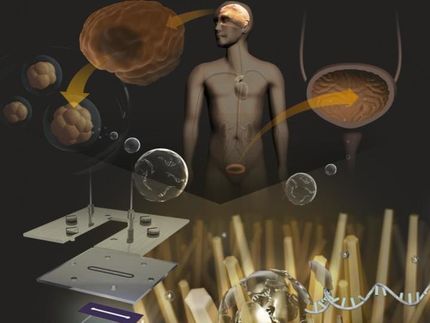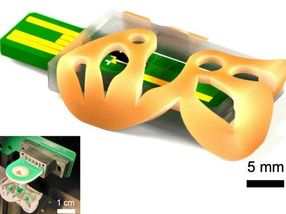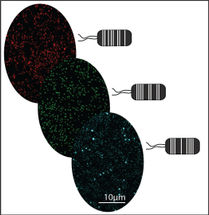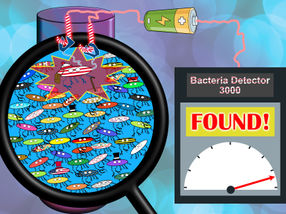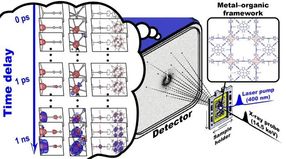Sigma® Life Science and King's College London co-developing miRNA Target Identification Technology
Sigma Life Science of Sigma-Aldrich® and King’s College London announced an exclusive license to develop and commercialize new technology for the identification and validation of microRNA (miRNA) targets in research and clinical diagnostics.
miRNAs function as critical regulators of gene expression in eukaryotic cells, with over 1,000 different miRNAs in the human genome already known to play multiple roles in gene regulation. Although the specific targets of most miRNAs are largely unknown, aberrant expression of miRNAs has been implicated in numerous disease states, making them important targets for clinical research in oncology, wound healing and infectious disease.
Currently, identification of miRNA targets is laborious and inefficient, relying on computer algorithms and subsequent validation by in vitro assays. To overcome this research bottleneck, scientists in the Division of Cancer Studies at King’s have developed a technology allowing simple, accurate identification and validation of miRNA targets. Dr. Joop Gaken, lead researcher of this project, explained: “The role of miRNAs in cancer is well established, and several miRNAs clearly function as either oncogenes or tumor suppressor genes, although the target genes are unknown in the majority of cases. This new test is expected to enable the straightforward identification of target genes that are strongly regulated by a given miRNA, helping to elucidate important gene regulation events in vivo.”
“miRNA research is a rapidly growing field, and this test is expected to be an invaluable asset to commercial and academic researchers working with miRNAs,” commented Steven Suchyta, Market Segment Manager at Sigma-Aldrich. “We believe that the exclusive license agreement will allow Sigma Life Science and King’s College London to work closely together to ensure rapid development of this technology for the benefit of the research community, and underlines our commitment to accelerating scientific discovery through innovative technology.”
Other news from the department science

Get the analytics and lab tech industry in your inbox
From now on, don't miss a thing: Our newsletter for analytics and lab technology brings you up to date every Tuesday. The latest industry news, product highlights and innovations - compact and easy to understand in your inbox. Researched by us so you don't have to.
